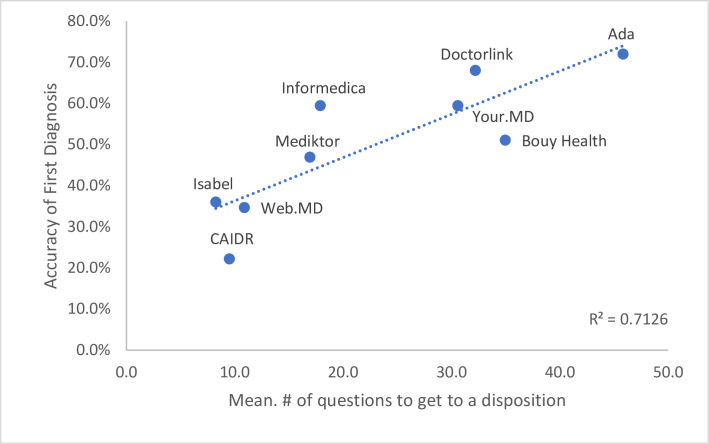WebMD: Muddled Facts and Inaccurate Diagnoses
We all get sick, and some people even check symptoms online to see what disease they could possibly have. The main problem with these online symptom checkers is their inaccuracy, which can lead people to over or underestimate their problems and ultimately result in muddled facts and skepticism that can lead to worsening conditions.
Most people check their symptoms online, even though they go to the doctor afterwards to get more accurate results. One of the main sites that people use to figure out what is wrong with them is WebMD. Many people who check WebMD online are people who are worried about their symptoms and want to know if it is worth a trip to the doctor’s office. For those who don’t know, the WebMd symptom checker asks for your age, gender, then for you to list your main symptoms and which one is bothering you the most. Afterwards it gives you a list from most to least likely of possible illnesses/ conditions that you could be suffering from.
The problem arises with the site’s accuracy. According to the PBS article “Just how accurate are online symptom checkers?“ WebMd is only accurate about one third of the time. That much deviation can lead people to either panic or lose trust in the site. That is a large problem. If a website tells you that the cough you have is actually cancer, that can cause widespread anxiety and panic. It also might send people, who don’t have serious symptoms or problems to the urgent care or emergency room, only to find out that the website was wrong, wasting time and resources.
WebMD can also cause people to underestimate their problems. An article from Forbes claims that “For people who lack health knowledge, they may think the advice they’re given is accurate or that their condition is not serious when it may be.” This combined with the website’s inaccuracy, can lead to serious issues.
Inversely, due to the site’s known inaccuracy, if the site is correct with its diagnosis and there is something seriously wrong, many people might brush it off and not take the diagnosis seriously, when in fact it could be something life threatening.
The technology for online symptom checkers is groundbreaking and revolutionary. However, it is not ready for complete public access and there needs to be more time to work out all of the kinks so it can be accurate more than a third of the time. In light of the COVID-19 pandemic, more people have turned to sites like WebMD to check if they have COVID or another illness when in reality, the best solution is to take a trip to their nearest doctor even if there is a price attached to it.
